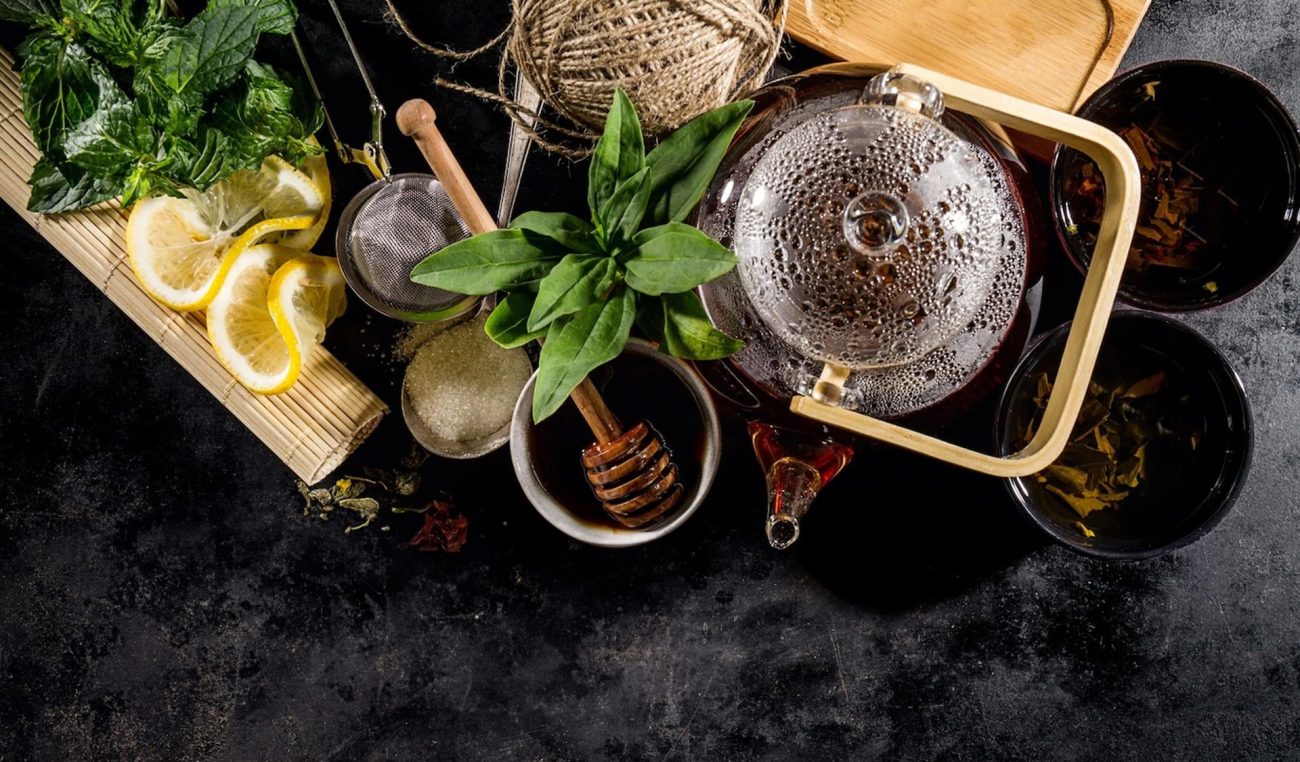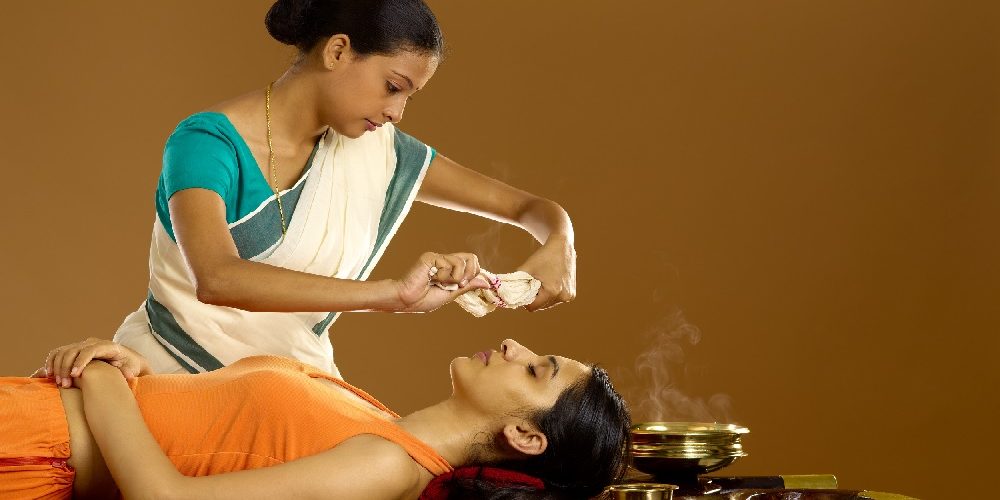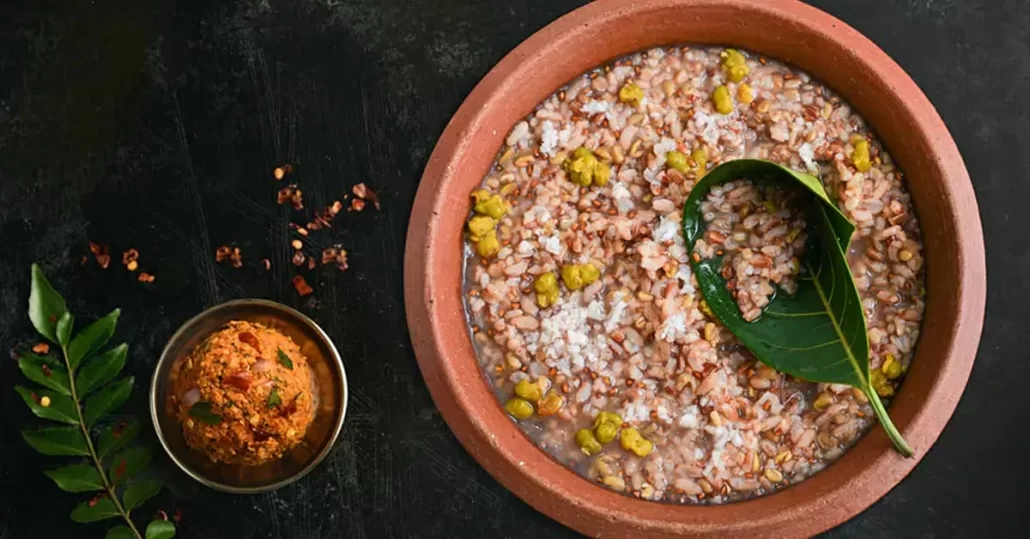Karkidakam: A Month of Rejuvenation and Wellness

Karkidakam, the last month of the Malayalam calendar, holds immense significance in the culture of Kerala, India. Falling in the months of July or August, Karkidakam is often referred to as the “month of rejuvenation” or “Ramayana month.” During this period, the monsoon rains are at their peak, bringing a sense of renewal and healing to the land. Let’s explore the practices and traditions associated with Karkidakam.
Reading the Ramayana

In Kerala, the month of Karkidakam is dedicated to the recitation and study of the Ramayana, an ancient Hindu epic. Many households and temples organize daily readings of the Ramayana, reflecting on the teachings, virtues, and tales of Lord Rama. This practice is believed to bring spiritual solace and invoke blessings.
Ayurveda for Wellness

Karkidakam is also a time when Ayurveda takes center stage. Ayurveda, the traditional Indian system of medicine, emphasizes the balance of mind, body, and spirit for optimal health. People often engage in Ayurvedic treatments, therapies, and practices during this month to boost their well-being. Ayurvedic massages, herbal therapies, and detoxification procedures are commonly sought to cleanse the body and enhance vitality.
Dietary and Lifestyle Practices

During Karkidakam, specific dietary and lifestyle practices are followed to maintain good health. As the month is associated with low immunity, people focus on strengthening their bodies. They consume nutritious and easily digestible foods, avoiding heavy and spicy meals. Herbal concoctions and medicinal herbs are incorporated into their diet to promote wellness. Additionally, engaging in yoga, meditation, and pranayama (breathing exercises) is encouraged to enhance physical and mental well-being.
Karkidaka Kanji

One of the highlights of Karkidakam is the consumption of a special dish called Karkidaka Kanji or Njavara Kanji. This nutritious rice gruel is prepared using Njavara rice, a medicinal rice variety, along with an assortment of herbs and spices. The ingredients are known for their healing properties, making Karkidaka Kanji a wholesome and therapeutic meal. It is believed to boost immunity, aid in detoxification, promote digestive health, and rejuvenate the body.
Here is a simple recipe for Karkidaka Kanji:
Ingredients:
– 1 cup Njavara rice
– 4 cups water
– 2 cups coconut milk
– 1/2 teaspoon cumin seeds
– 1/2 teaspoon fenugreek seeds
– 1/2 teaspoon black pepper
– 1/2 teaspoon grated ginger
– 5-6 cloves
– 5-6 cardamom pods
– 2-3 small pieces of cinnamon
– A pinch of turmeric powder
– Salt to tasteInstructions:
1. Rinse the Njavara rice thoroughly and soak it in water for about 15 minutes.
2. In a large pot, add the soaked rice and 4 cups of water.
3. Add all the spices – cumin seeds, fenugreek seeds, black pepper, grated ginger, cloves, cardamom pods, cinnamon, turmeric powder, and salt.
4. Cook the mixture on medium heat until the rice becomes soft and the gruel thickens.
5. Once the rice is cooked, add the coconut milk and simmer for another 5 minutes.
6. Remove from heat and serve the Karkidaka Kanji warm.
Karkidakam, the month of rejuvenation and wellness, holds a special place in the hearts of people in Kerala. By engaging in practices like reading the Ramayana, embracing Ayurveda, and following specific dietary and lifestyle practices, individuals aim to enhance their physical, mental, and spiritual well-being. The traditional dish of Karkidaka Kanji adds a nourishing and healing touch to this transformative month. Embracing these traditions, people seek to find balance, renewal, and good health during the rainy season of Karkidakam.


You Might Also Like
Sabarimala: Kerala’s Sacred Pilgrimage and Cultural Treasure.
Discover the Sabarimala pilgrimage in Kerala, exploring Lord Ayyappa, barefoot trekking, Irumudi...
Culinary Adventures: Exploring Taste & Tradition
Food has a unique ability to transcend boundaries, evoke memories, and bring...
Helping Hands Are More Powerful Than Praying Lips.
Prayers bring comfort, but true change begins with action. A helping hand...
Milk Feeding Safety Steps for Babies: Importance, Nutrients, and Practical Tips Every Parent Should Know
The Silent Cries We Ignore: Why Every Grain of Food Matters.
Millions of children around the world face hunger every day while food...
How Long Can You Keep Cooked and Uncooked Meat and Fish in the Fridge?
Learn how to safely store raw and cooked meat and fish in...